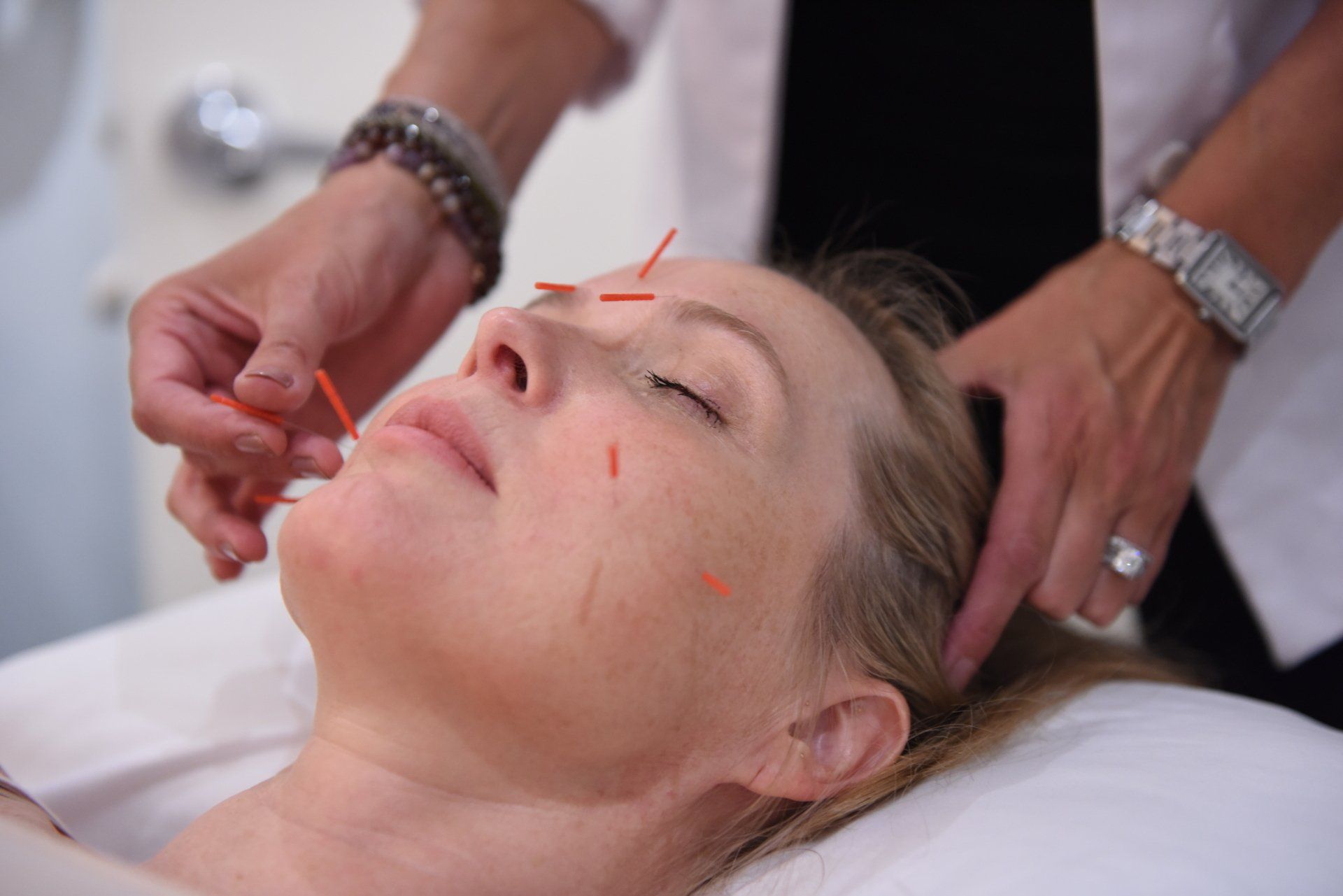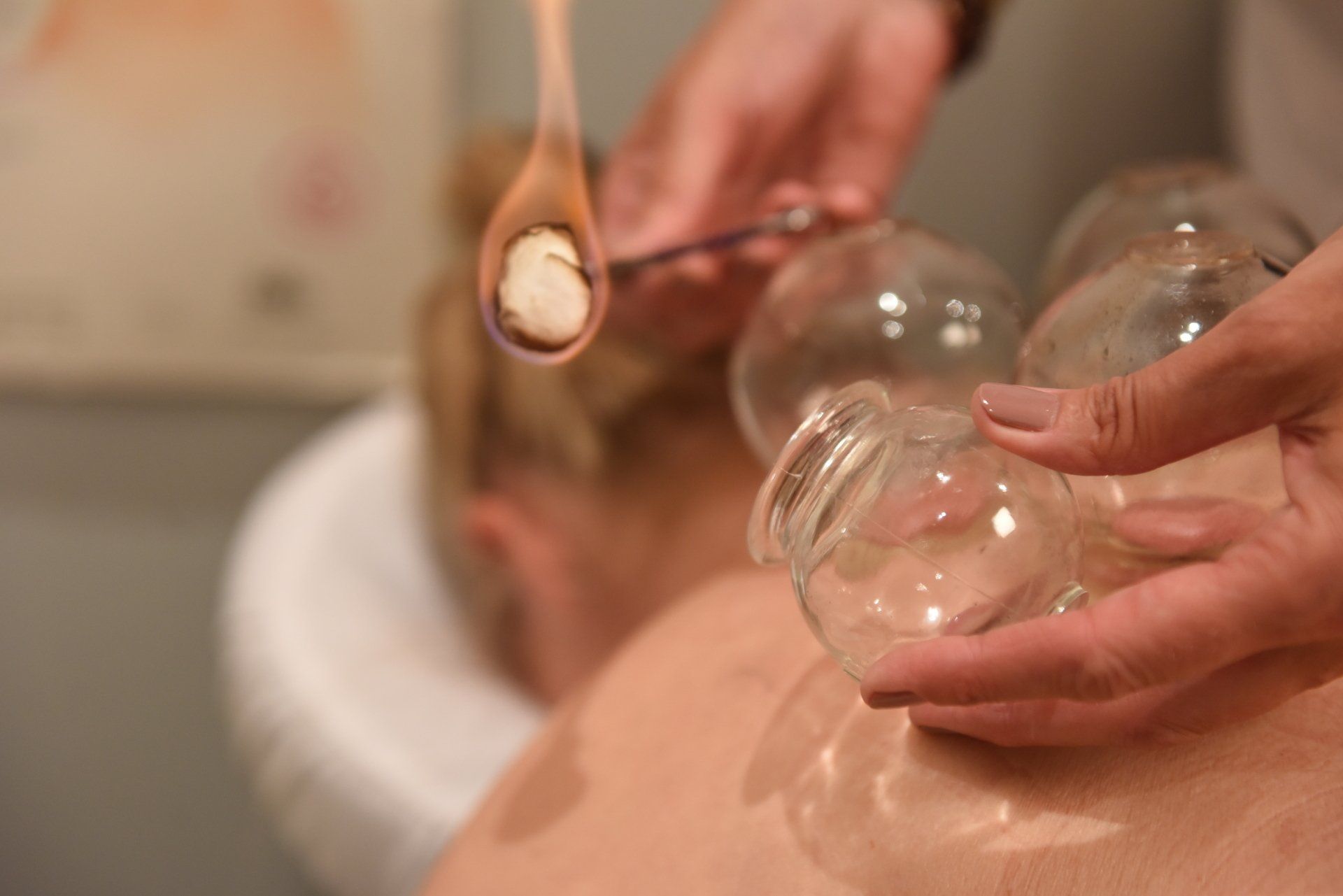Full-Mouth Reconstruction
Best Candidates
Full-mouth reconstruction candidates may have many missing teeth or several teeth with big fillings that are ready for replacement. They may also have teeth which show decay or are broken, cracked, or severely worn down due to bruxism (chronic teeth grinding). Candidates might have dental conditions or a genetic disorder such as ectodermal dysplasia (teeth absent since birth), amelogenesis imperfecta (very small teeth), or dentinogenesis imperfecta (translucent or discolored teeth), which all entail extensive teeth restoration. People who want to replace old dental crowns or improve their bite position, improve their mouth anatomy, or fix jaw movement for better health or comfort can also consider full-mouth reconstruction. In acute cases, a person’s degraded teeth and gums may have created sunken cheeks or caused deformities in the facial features. A full-mouth reconstruction can rejuvenate the entire face when the appropriate amount of teeth are in the mouth.
What to Expect
After a thorough exam of your teeth, gums, and bite, Dr. Solomon might indeed recommend some form of full-mouth reconstruction. If so, he may also coordinate with other specialists as your situation dictates. You can expect examinations on the state of your teeth, gum tissue, temporomandibular joints, jaw muscles, and bite. It takes a considerable amount of planning, strategizing, and coordination on many fronts. None of these procedures are to be taken lightly, so for them to be successful, a certain level of patience and commitment is required.
Follow-up
Full-mouth reconstruction necessitates many visits and follow-up appointments. However, once the process is completed, you will be able to return to normal chewing, talking, and biting. Most likely, you will be able to do so better than ever before. Each option naturally comes with different degrees of follow-up maintenance to ensure full dental rehabilitation and to provide the longest return on your investment. The follow-up to a full-mouth reconstruction is also different than that of a smile makeover. A full-mouth reconstruction involves procedures required for your oral health, while the smile makeover is something you want and elect to have completed. The line between the two procedures is becoming harder and harder to define, since there can be overlap between cosmetic and restorative treatments. Regardless, the follow-up for a full-mouth restoration is usually more involved.






